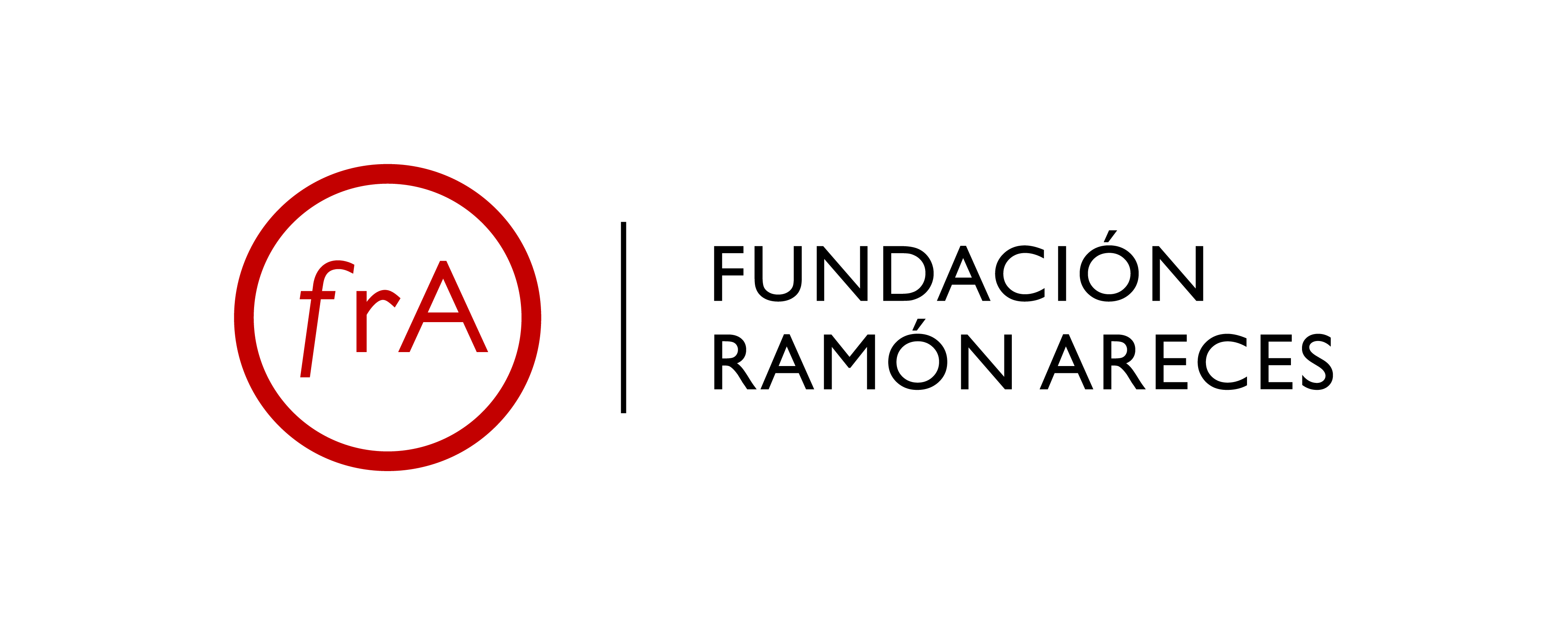Environmental policies, social inequality and equity criteria
The project highlights the importance of addressing human activities related to pollutant emissions and their impacts on public health and climate change. According to the researcher, although some policies have been successful in improving market efficiency by internalizing external costs, their impact on equity and redistribution of benefits has been ignored.
Through empirical examinations, he aims to demonstrate that, despite restoring market efficiency, these policies effectively benefit higher-income households, generating inequality and social polarization.

Objective
The objective of this research project proposal is to provide empirical evidence of the trade-off between efficiency and equity posed by many of the environmental policies currently in place, and to quantify the extent of this trade-off, i.e., to estimate the loss in terms of economic and social inequality that a reduction of the negative environmental externalities induced by these policies entails.
In this context, the research will propose alternative instruments to minimize the negative effects on low-income households. Furthermore, it aims to highlight the trade-off between efficiency and equity in environmental policies and to quantify the economic and social losses derived from the reduction of negative externalities on the environment.
Our team
PRINCIPAL INVESTIGATOR
RESEARCH TEAM
Miguel Ángel Borrella Más (Navarra Center for International Development / School of Economics, University of Navarra)
David Echeverry (Navarra Center for International Development / School of Economics, University of Navarra)
Itzel de Haro López (Navarra Center for International Development, University of Navarra)
Jaime Millán Quijano (Navarra Center for International Development, University of Navarra)
The Ramón Areces Foundation
"Senior Research Grant in Social Sciences"


